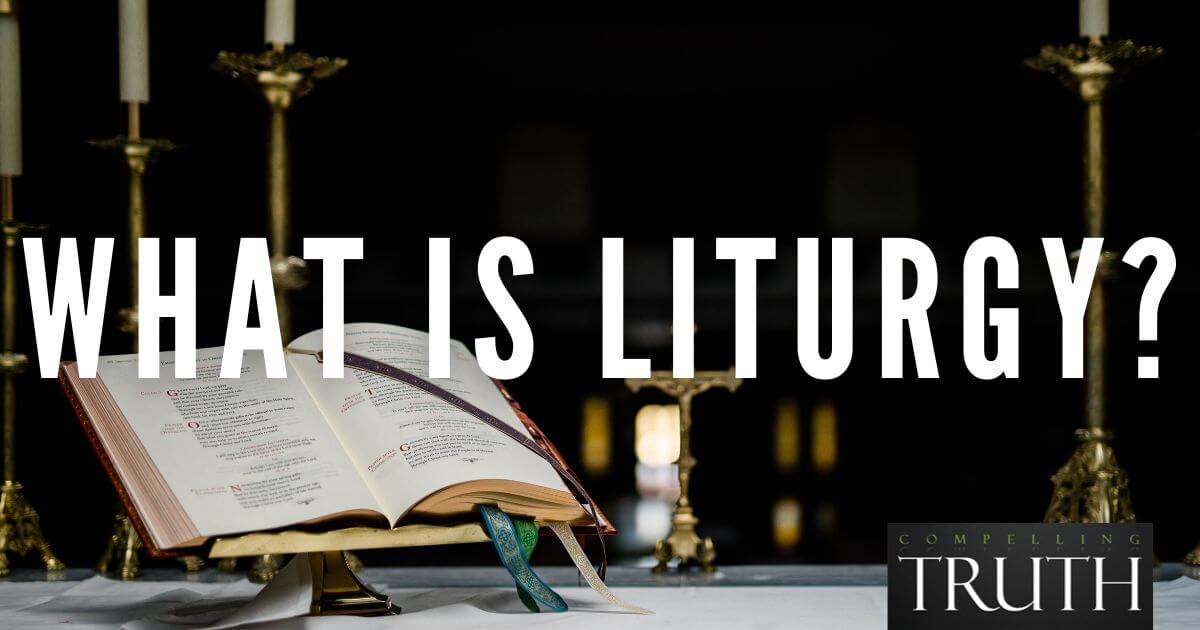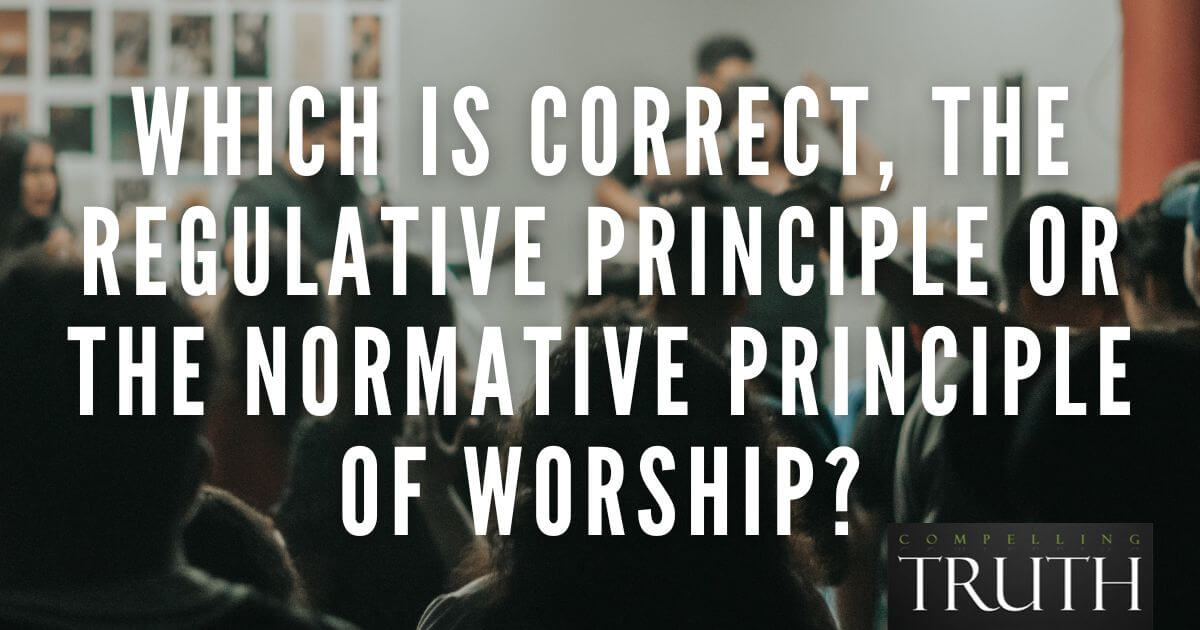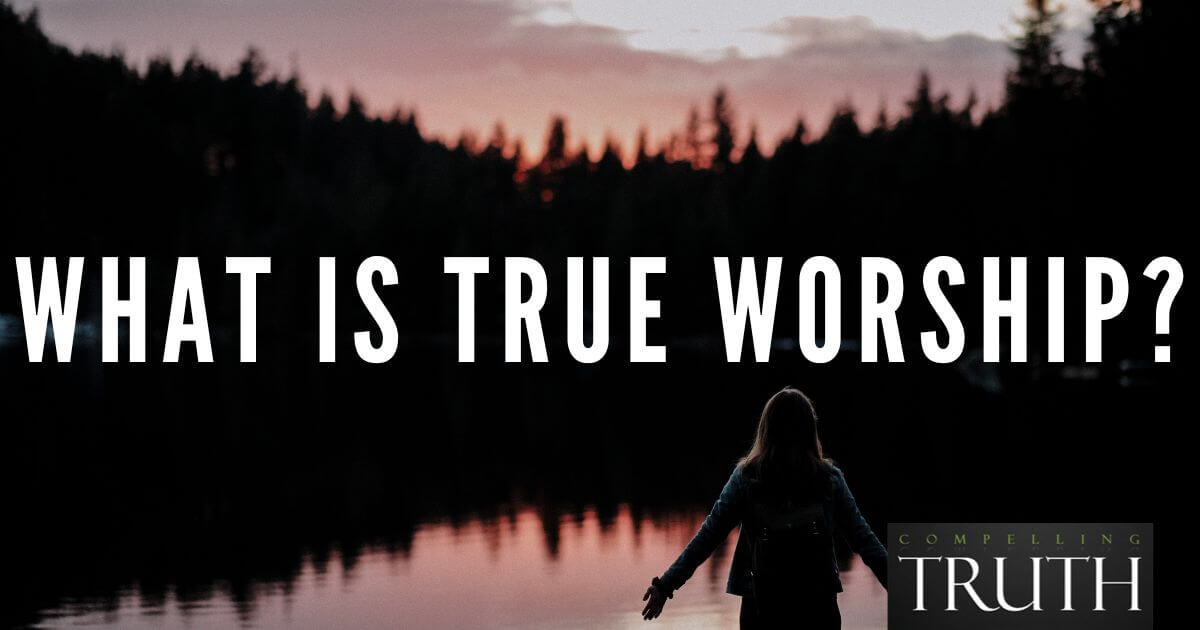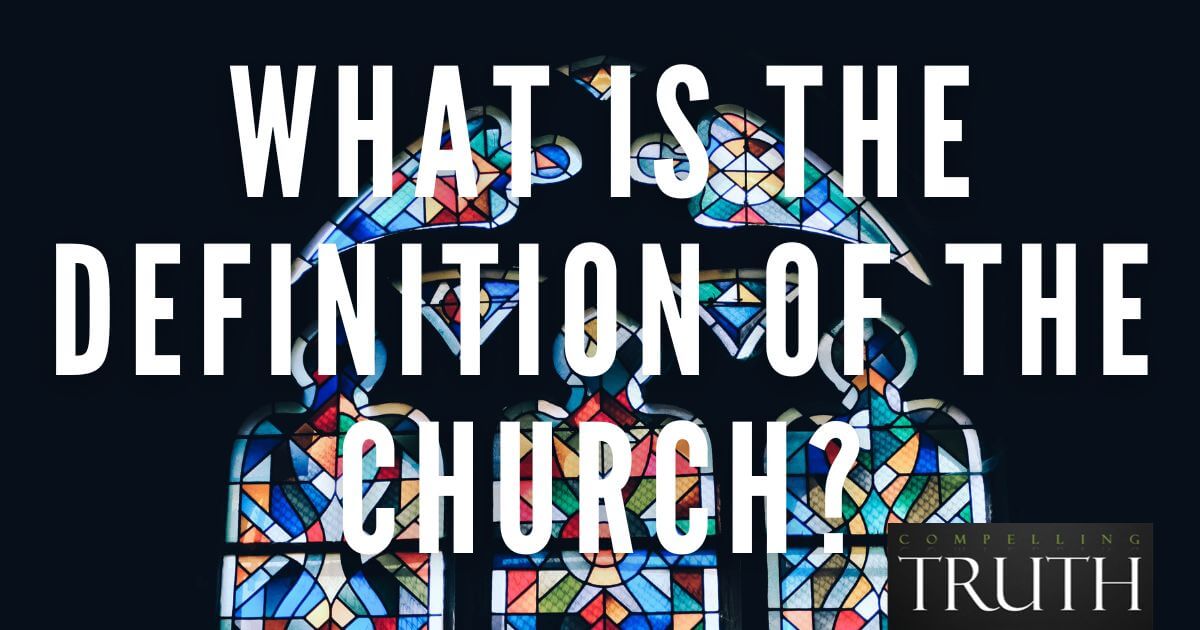The terms High and Low Church refer to the value a church or denomination places on formal forms of worship and church structure. High Church refers to denominations and churches that place a high value on liturgy, ritual, and accoutrements in worship. For example, they might use a prayer book, partake in communion every week, and have prescribed vestments for their clergy. High Churches believe in a hierarchical structure of clergy and follow a calendar of religious observances and weekly Scripture readings. Roman Catholic, Anglican, Episcopal, Orthodox, and some Methodist, Lutheran, and Presbyterian churches are High Church denominations.
Low Church refers to denominations and churches that place little value on ceremony, sacraments, or ecclesiastic hierarchy. Instead, these churches believe Scripture to be the ultimate authority. They have a freer, more unstructured worship style that includes congregational involvement. The focal point of their services is the preaching, which is often evangelistic and emphasizes individual salvation and personal conversion by the power of the Holy Spirit. Most Protestant and evangelical denominations are considered Low Church. These would include Baptist, Quaker, Pentecostal, and some Methodist, Lutheran, and Presbyterian churches.
These terms first appeared well after the Reformation when Protestants had already rejected Roman Catholic doctrine, but were deciding how much Catholic procedure to maintain. Specifically, the term Low Church was first used in England in the early 1700s to describe a movement within the Anglican denomination; the term has now expanded to describe all churches that use little formal liturgy.
Ultimately, both High and Low Churches can offer appropriate ways to worship. Personal preference will determine which type of service draws a particular worshipper deeper into relationship with God. When a Samaritan woman pointed out to Jesus that Samaritan Jews worshiped and believed differently than Judean Jews, His response was that "the true worshipers will worship the Father in spirit and truth, for the Father is seeking such people to worship him. God is spirit, and those who worship him must worship in spirit and truth" (John 4:23b–24). Thus, whether or not a specific liturgy is followed is less important than whether or not a church is offering heartfelt worship based on the truth of who God is as revealed by His Word. Some people find that heartfelt worship and truth through formal liturgy and ritual, others find that sincerity and truth in a less formal setting. Paul wrote to the Colossians, "Therefore let no one pass judgment on you in questions of food and drink, or with regard to a festival or a new moon or a Sabbath" (Colossians 2:16). He wanted the Colossians to know that their focus should be Christ rather than "promoting self-made religion" (Colossians 2:23). So as long as a church is focusing on Christ and drawing worshippers to worship in spirit and in truth, they can do so using either a High Church or Low Church style.
Low Church refers to denominations and churches that place little value on ceremony, sacraments, or ecclesiastic hierarchy. Instead, these churches believe Scripture to be the ultimate authority. They have a freer, more unstructured worship style that includes congregational involvement. The focal point of their services is the preaching, which is often evangelistic and emphasizes individual salvation and personal conversion by the power of the Holy Spirit. Most Protestant and evangelical denominations are considered Low Church. These would include Baptist, Quaker, Pentecostal, and some Methodist, Lutheran, and Presbyterian churches.
These terms first appeared well after the Reformation when Protestants had already rejected Roman Catholic doctrine, but were deciding how much Catholic procedure to maintain. Specifically, the term Low Church was first used in England in the early 1700s to describe a movement within the Anglican denomination; the term has now expanded to describe all churches that use little formal liturgy.
Ultimately, both High and Low Churches can offer appropriate ways to worship. Personal preference will determine which type of service draws a particular worshipper deeper into relationship with God. When a Samaritan woman pointed out to Jesus that Samaritan Jews worshiped and believed differently than Judean Jews, His response was that "the true worshipers will worship the Father in spirit and truth, for the Father is seeking such people to worship him. God is spirit, and those who worship him must worship in spirit and truth" (John 4:23b–24). Thus, whether or not a specific liturgy is followed is less important than whether or not a church is offering heartfelt worship based on the truth of who God is as revealed by His Word. Some people find that heartfelt worship and truth through formal liturgy and ritual, others find that sincerity and truth in a less formal setting. Paul wrote to the Colossians, "Therefore let no one pass judgment on you in questions of food and drink, or with regard to a festival or a new moon or a Sabbath" (Colossians 2:16). He wanted the Colossians to know that their focus should be Christ rather than "promoting self-made religion" (Colossians 2:23). So as long as a church is focusing on Christ and drawing worshippers to worship in spirit and in truth, they can do so using either a High Church or Low Church style.



